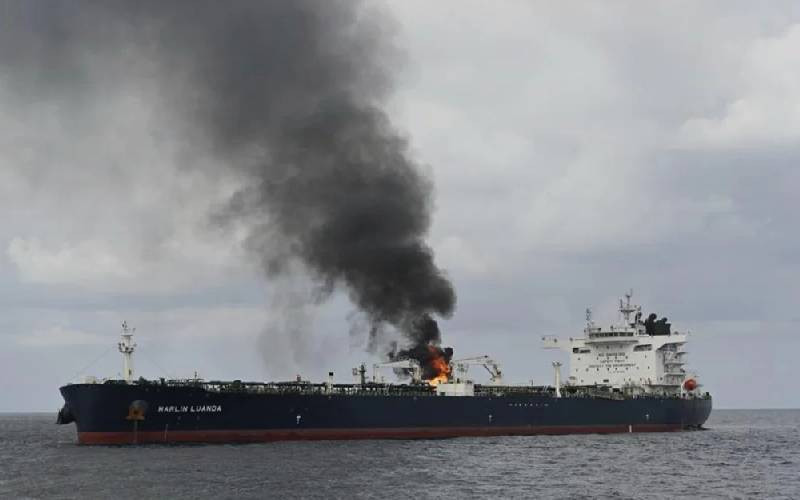
The current crisis in the Red Sea following the sustained attacks on commercial ships by the Yemen-based Houthi militants since November 2023 should be a wake-up call for African countries to rethink how to undertake proactive measures to safeguard Africa's maritime domain and make a significant contribution to the safety and security of shipping lanes and other critical maritime transportation infrastructure in the Western Indian Ocean.
The Red Sea disruptions have ramifications on the critical maritime route that affect the greater Eastern African region due to delayed deliveries of goods, added costs of transportation, and insurance premiums.